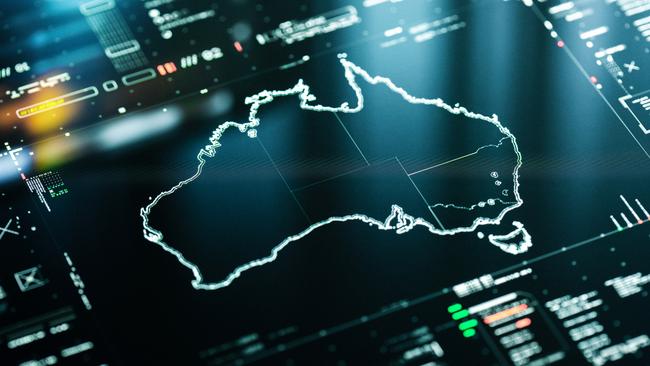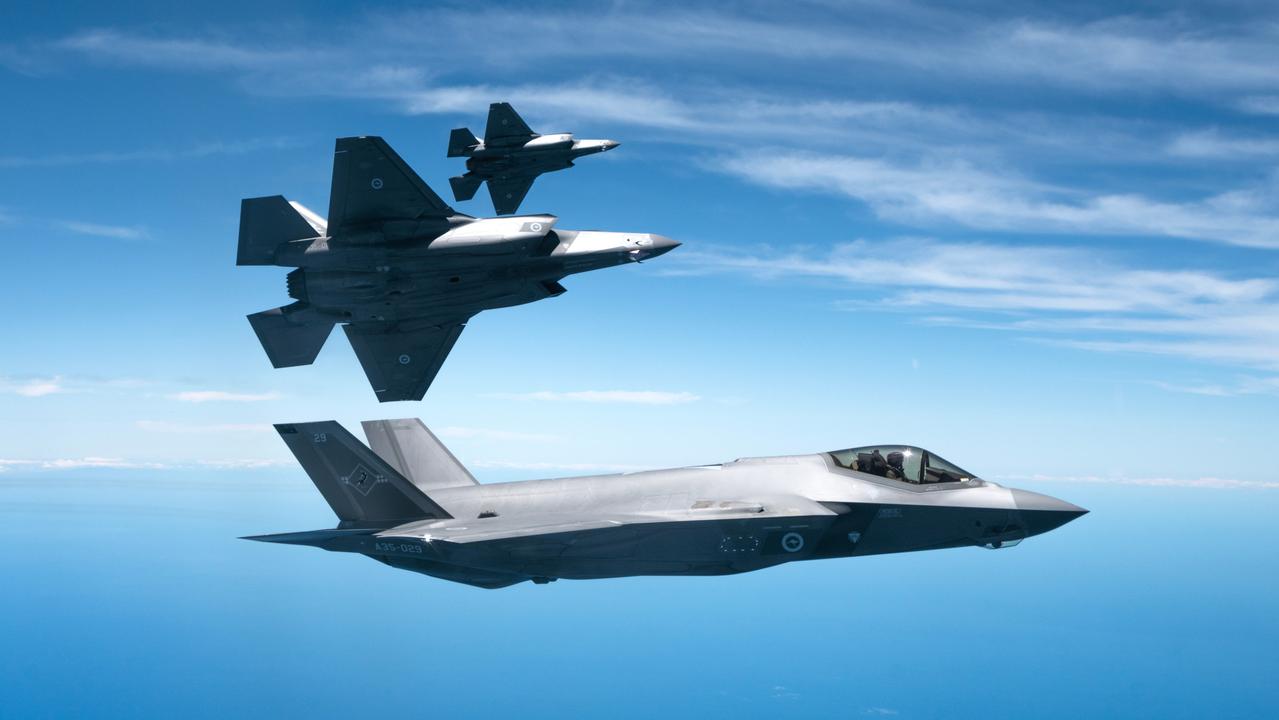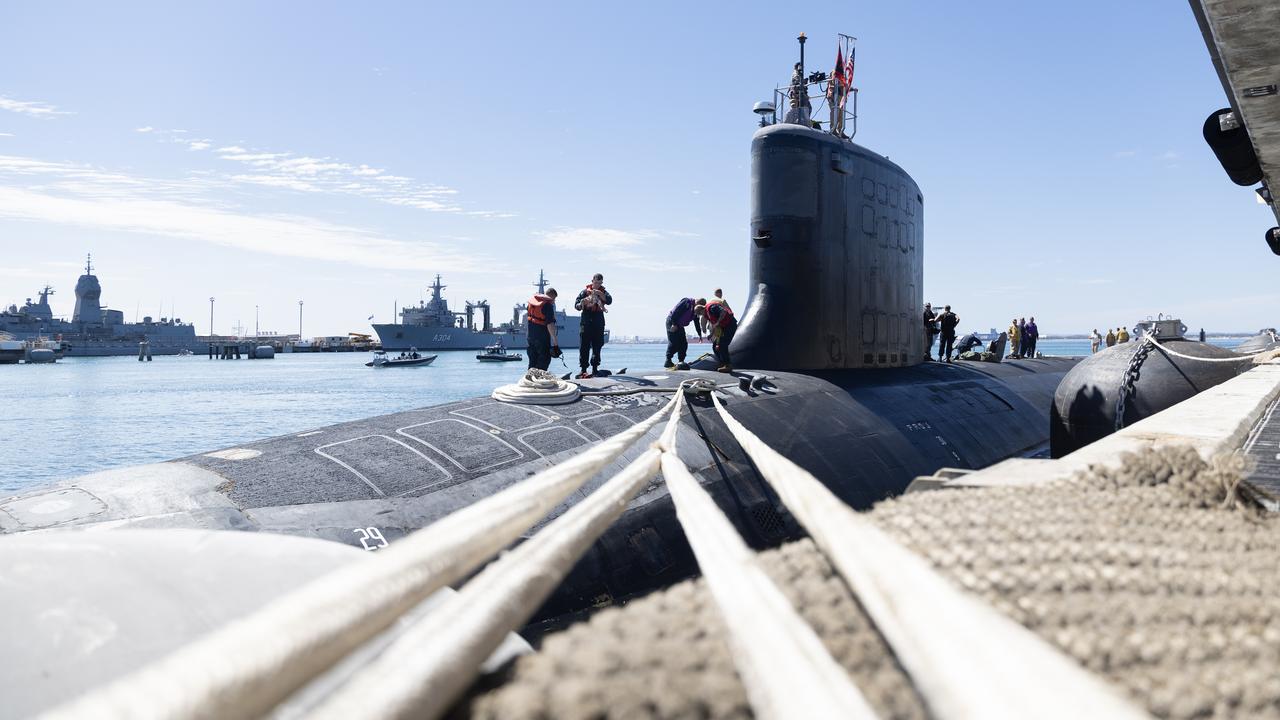Australia needs to accelerate development of sovereign supply chains
A year ago, economic issues were of a top concern for global leaders. Today, geopolitics and the apparent fragility of the post-Cold War global order is front of mind.

A year ago, economic issues were of a top concern for global leaders. Today, geopolitics and the apparent fragility of the post-Cold War global order is front of mind.
A survey of almost 150 chief executives conducted by Fortune and Deloitte in late 2024 revealed that 63 per cent of company leaders nominated geopolitical instability as the top risk to their organisation compared to 51 per cent a year earlier, leapfrogging inflation as the overall most common concern.
CEOs are attentive to this issue because they remember how pandemic-era disruptions to trade ground the complex and multi-layered supply chains that underpin the global economy to a halt.
Our policy makers are similarly attentive: who can forget how the pandemic’s disruption of trade revealed glaring holes in Australia’s sovereign capabilities, like its ability to domestically produce enough personal protective equipment for its own hospitals?
The problem is, being attentive to a problem isn’t the same as being prepared. Our research suggests that most chief procurement officers at large organisations still don’t have sufficient visibility over their supply network beyond tier 1 suppliers.
Given Australia’s procurement of products and services critical to its defence and national security – from tactical clothing to fuel and cybersecurity services – rely heavily on private-sector partners, it is incumbent on government to work with business to build sovereign supply chains that are resilient in the face of global disruption.
This isn’t as straightforward as reshoring all critical supply chains and producing everything we need for defence domestically. A services-based economy of just 26 million people is simply not capable of producing every critical input independently. Rather than reshoring our supply chains, we need to reorchestrate them. This will inevitably include onshoring the manufacture of certain highly sensitive critical inputs but should also include establishing new industries that leverage our natural competitive advantages.


A good example of this is the federal government’s plan to establish a domestic guided weapons manufacturing facility. It is an initiative which complements our educated and technologically literate workforce and provides further scope for training and upskilling a workforce required to support a strong and vibrant defence industrial base.
For essential products and services that cannot be onshored – including some of the critical components needed to build guided missiles – a practical alternative is “friendshoring”. This involves reconfiguring critical supply chains by replacing risky foreign suppliers with trusted allies and partners.
Friendshoring helps mitigate the challenges or costs associated with onshoring by balancing the need for foreign supply sources with the trust and reliability that come from working with allied or like-minded trading partners. Reciprocity should be a key feature of friendshoring agreements, so both parties have skin in the game and incentive to honour the deal.
Building sovereign supply chains is a major national endeavour that will involve all levels of government, businesses of all sizes, financiers, and research and educational institutions. It may seem daunting to confront, but in an uncertain national security environment it is better to prepare now than be caught unawares by a geopolitical shock.
-
Phillip Roberts is Defence Lead Partner, Deloitte Australia. Jesse Sherwood is Partner and National Infrastructure and Industries Lead, Deloitte Australia.


